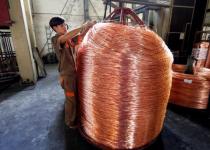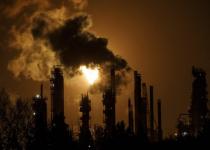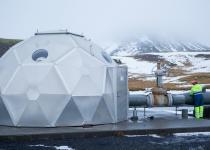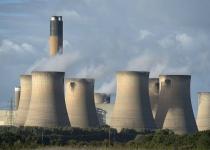An all-electric future depends heavily on copper, and looming supply shortfalls could hamper nations’ goals of reaching net-zero emissions by 2050, according to a new report from S&P Global.
Unless significant new supply becomes available, climate goals will be “short-circuited and remain out of reach,” the report says.













